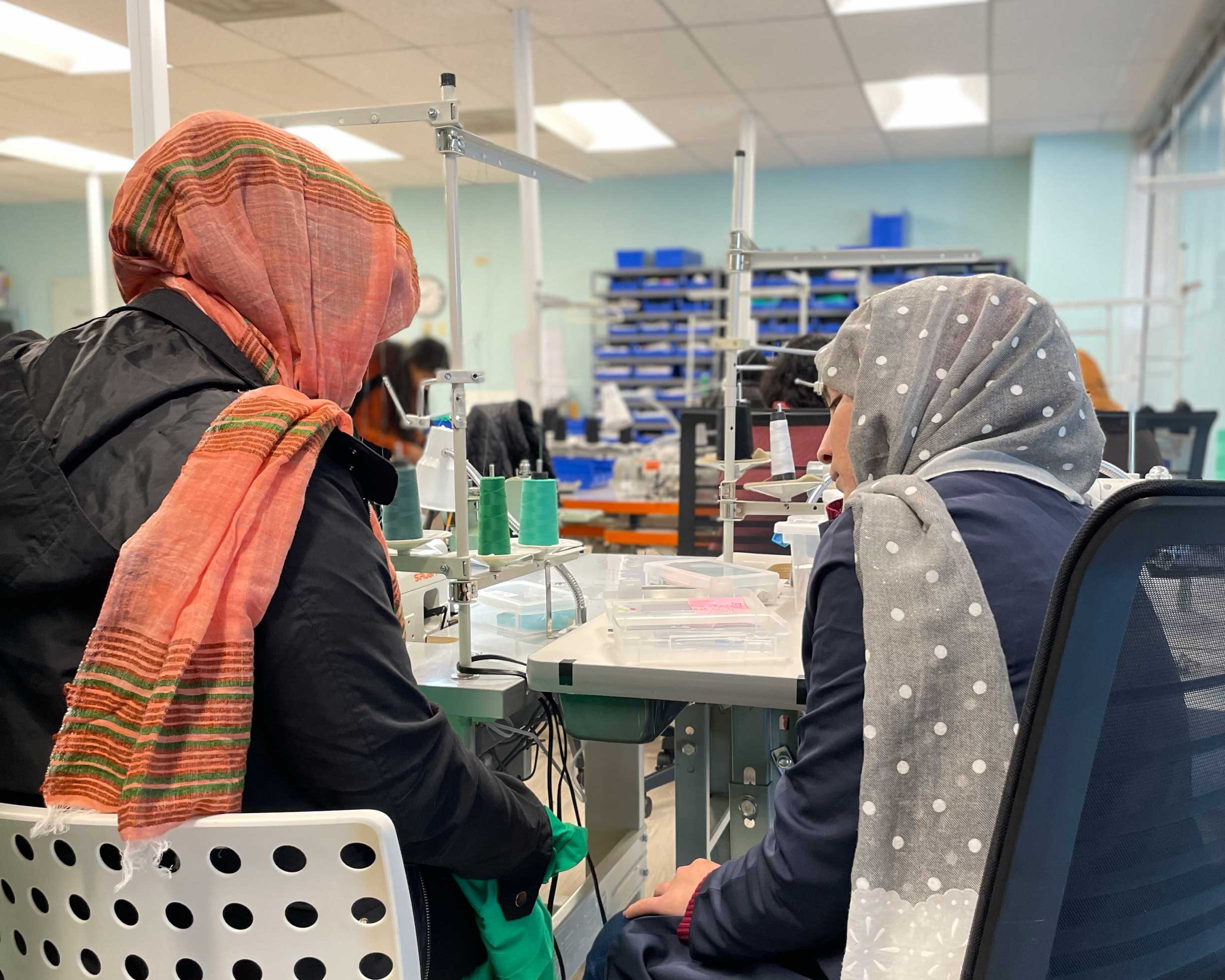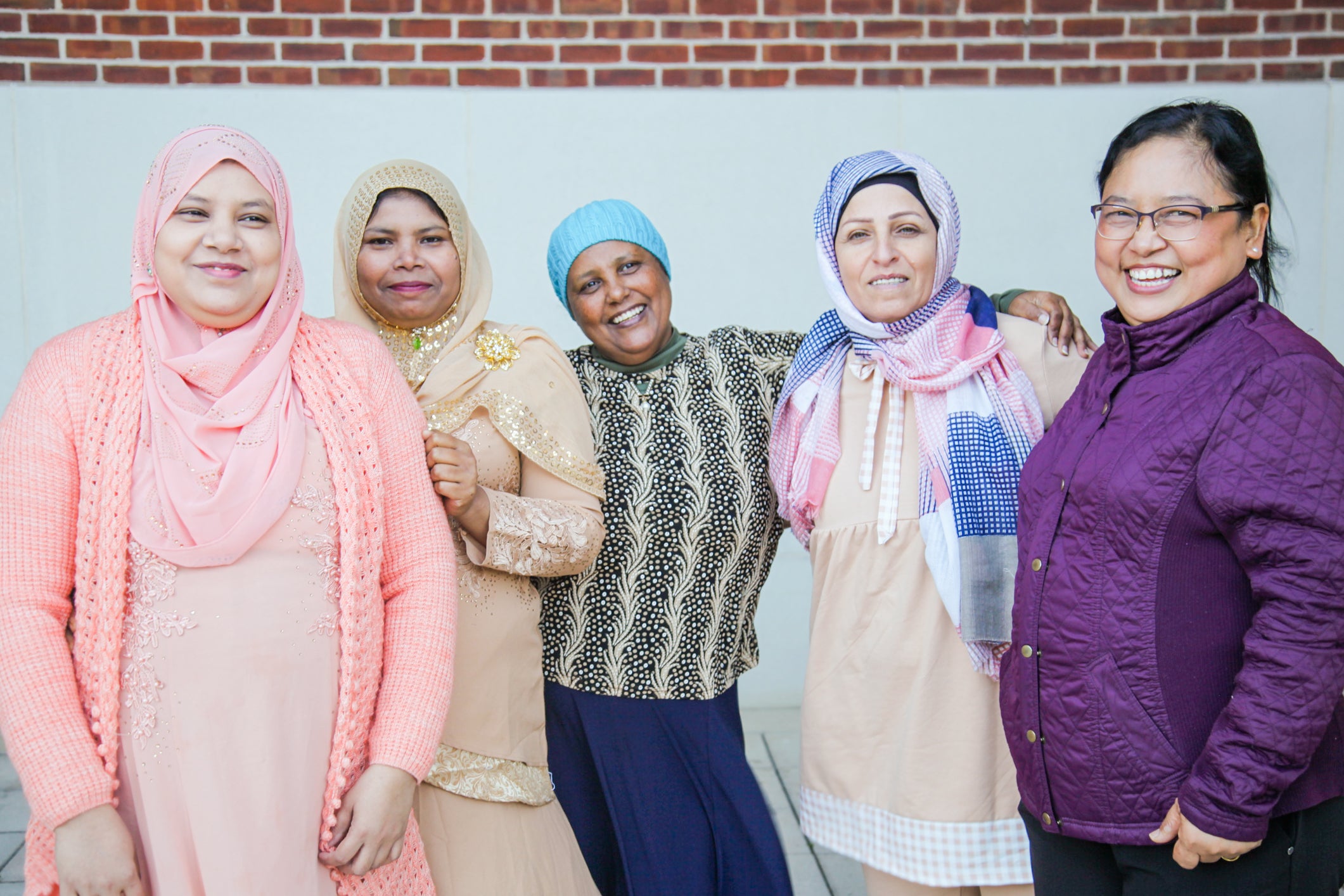Frequently Asked Questions
FAQs
CUSTOMER CARE

What is your refund policy?
We love our products and hope you do too! If you aren’t 100% satisfied with your Vickery Trading Company purchase for any reason, we will happily accept exchanges or returns of any unworn, unwashed garments with original tags. See our Returns and Exchanges Policy for more.
Can I exchange or return an item?
Yes, you may exchange or return any unworn, unwashed garment or accessory in new condition within 30 days of the original shipment date. Please see our Returns & Exchanges Policy to learn more about returns, exchanges, and damaged items.
What is your shipping policy?
Once your order is placed, you can expect it to ship within 2-5 business days. VTC orders are shipped via USPS and typically arrive within 2-5 business days after shipment. Please see our official Shipping Policy for more information about shipping rates and more details.
Do you offer local pick-up?
Yes, we love when customers visit our workshop! When checking out, simply select Local Pick-Up. Orders are usually ready within 2-3 business days.
Hours: Monday-Thursday, 9am-3pm
Address: 5750 Pineland Dr. Suite 200, Dallas, Texas 75231
Please see our official Shipping Policy for more details about Local Pick-Up.
FAQs
VOCATIONAL TRAINING

How many Associates do you have at a time?
We typically have 10-15 Associates at a time in varying stages of the program. We stagger graduation dates to allow the opportunity for more veteran Associates to take on leadership roles with new Associates.
Are Associates employees of VTC?
Yes. While they are the beneficiaries of our training services, they are paid for all of their work, including their time in personal development programs.
Are you hiring Associates right now?
We hire a new group of associates once every year. Applications are released early June and interviews take place in August; new associates begin in September. For more information about Associate hiring status, please visit our Careers section.
What do Associates do after they graduate?
We develop individual career plans for each graduate, according to their personal goals. Some begin school full time to earn a degree in a different field. Some start their own businesses. Some go to work as seamstresses for local designers. A few of them join our staff at VTC. If funding is needed to start their new path, we often help them identify and access funds. We also continue as advisors and friends to our alumni and support them as they transition into the “real world.”
Why doesn’t Vickery Trading Co. pay a living wage?
We’d love to, but we feel it is not in the best interest of the Associates to set the expectation that they will earn more than their new trade will potentially pay.
How much of the cost of each garment goes back to the Associate?
It varies from product to product, but generally, 15-20% of the cost of the garment goes back to the Associate in wages. This is compared to 0.02-0.05% of the cost of garments sold in most large retailers.
FAQs
REFUGEES

Where do refugees come from?
Refugees come from all parts of the world, and that changes depending on the location of current world crises. Currently, most refugees come from Africa, the Middle East and Southeast Asia. Some cities will have a higher concentration from certain countries. For example, Dallas is home to many Burmese, Congolese, Afghan and Iraqi refugees.
Is it legal for refugees to work in the US?
Yes! The US refugee resettlement program is designed to put refugees on the track to self-sufficiency and financial independence. They are allowed to work from the day they arrive and as soon as they receive their Social Security Card (about 1-3 weeks after arrival), they may start applying for jobs.
Who determines how many refugees enter the US each year?
The refugee ceiling is set by the President of the United States. It is more of a goal and is hardly ever reached. There are currently more refugees in the world than ever before and US ceiling is the lowest it’s ever been. (link to ceilings over past 20 years)
I’m afraid a terrorist will enter through the US through the US Refugee Resettlement Program. Is it safe?
Yes. The US Refugee Resettlement is currently the most rigorous travel screening in the world. To date, no terror-related activities in the US have been performed by refugees. (Yes, that’s ZERO)
Do refugees pay taxes?
Yes, refugees pay taxes just like any other legal, documented worker in the US.
It seems like many refugees are Islamic. Is that true?
While there are millions of refugees that claim the Islamic faith, the majority of refugees in the world are Christian.
Why do most Muslim women cover their heads?
The hijab (headscarf) is a symbol of modesty in the Islamic faith.
Can I hire a refugee?
Any US employer can hire a refugee as long as that refugee has their I-94 and a Social Security Number.